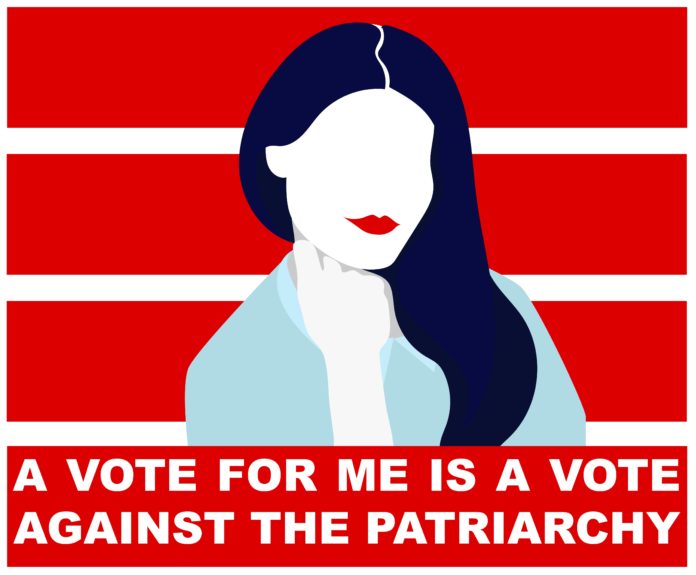Despite the slew of women running for president in 2020, sexism is alive and well. It’s easy to regard the U.S. presidency as the pinnacle of success. After all, being president of the United States makes you one of the most powerful individuals in the world. However, this obsession with the presidency as the finish line on the road to equality for women and minorities implies that having a president that looks like you will solve all your problems.
New York Sen. Kirsten Gillibrand, California Sen. Kamala Harris, Massachusetts Sen. Elizabeth Warren and Hawaii Rep. Tulsi Gabbard have all announced their intentions to run for president as Democrats in 2020. While the election of any one of these candidates would be a historic feat and a significant achievement for the women’s movement, better representation of women in all sectors of society is necessary before we can begin to see true gender equality.
Women make up roughly half of the global population. However, women continue to be grossly underrepresented in U.S. government, business and global politics. Even after the 2018 midterms in which more women were elected to Congress than ever before, women make up only 23.7 percent of the 116th Congress, according to Rutgers University’s Center for American Women and Politics. Only nine U.S. state governors are women. Only 21.8 percent of mayors of U.S. cities with populations over 30,000 are women. Only 25 Fortune 500 company CEOs are women, Business Insider reports. Only 21 women serve as head of state or head of government worldwide, according to UN Women.
At the 2018 United State of Women Summit, former first lady Michelle Obama said people frequently tell her she should run for president. She said this idea of “Yes You Can” instead of “Yes We Can” is nothing new. Instead of looking for another person to serve as “savior-in-chief,” we should focus on the change we can make around us. As Obama pointed out, many people viewed Barack Obama this way, seeing his election to the highest office in the land as signifying the end of racism in America. Clearly, that was not the case with President Obama, and it also would not be the case with a woman president.
Even Hillary Clinton, the first woman to secure a presidential candidacy nomination for a major party, used rhetoric that reinforced this idea of the presidency as the final step in reaching gender equality. In her concession speech to Donald Trump, Clinton stated, “Now, I know, I know we have still not shattered that highest and hardest glass ceiling, but someday, someone will.”
These words echoed her 2008 concession speech when she dropped out of the Democratic primary in the run against Barack Obama.
“Although we weren’t able to shatter that highest, hardest glass ceiling this time, thanks to you, it’s got about 18 million cracks in it and the light is shining through like never before, filling us all with the hope and the sure knowledge that the path will be a little easier next time,” Clinton said.
If anything, instead of offering hope for shattering any kind of glass ceilings, Clinton’s campaign revealed the misogyny present in the United States. Then-candidate Trump called Clinton a “nasty woman.” Social media users referred to Clinton with slurs that are derogatory toward women.
Looking to 2020, there’s no indication that running for president as a woman will be void of these types of microaggressions. For example, even this early in the race, critics wondered whether Warren would be too “unlikeable” to win the election. This suggests that only a very particular type of woman would be able to secure the presidency. She would have to be likeable, but not fake; not too feminine, but not too masculine; not too pushy, but not too soft. The double standards women will face in 2020 are nothing new, and they also will not be solved if a woman is inaugurated into the White House in January 2021.
This year marks 100 years since women won the right to vote in the U.S. We’ve come a long way since then, and certainly so many qualified women presidential candidates demonstrates that. However, we need to remember the other areas of American and global life that need equal representation for women.





